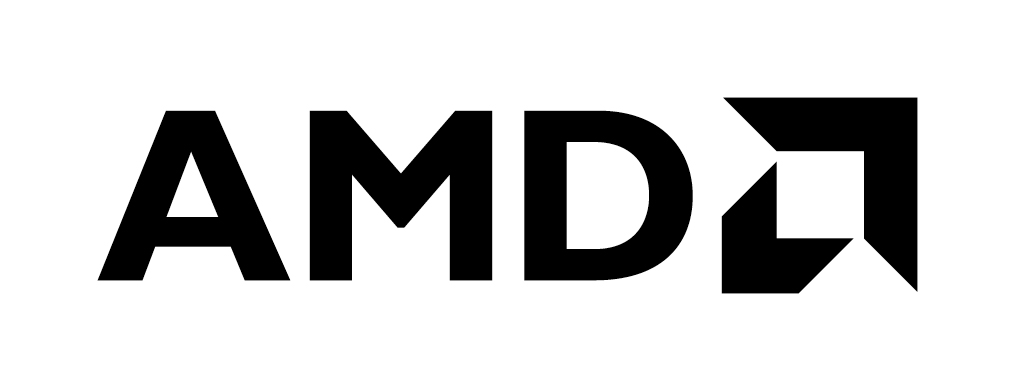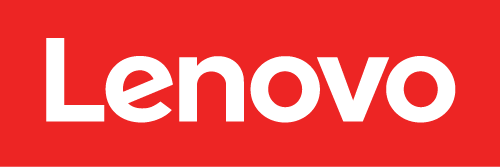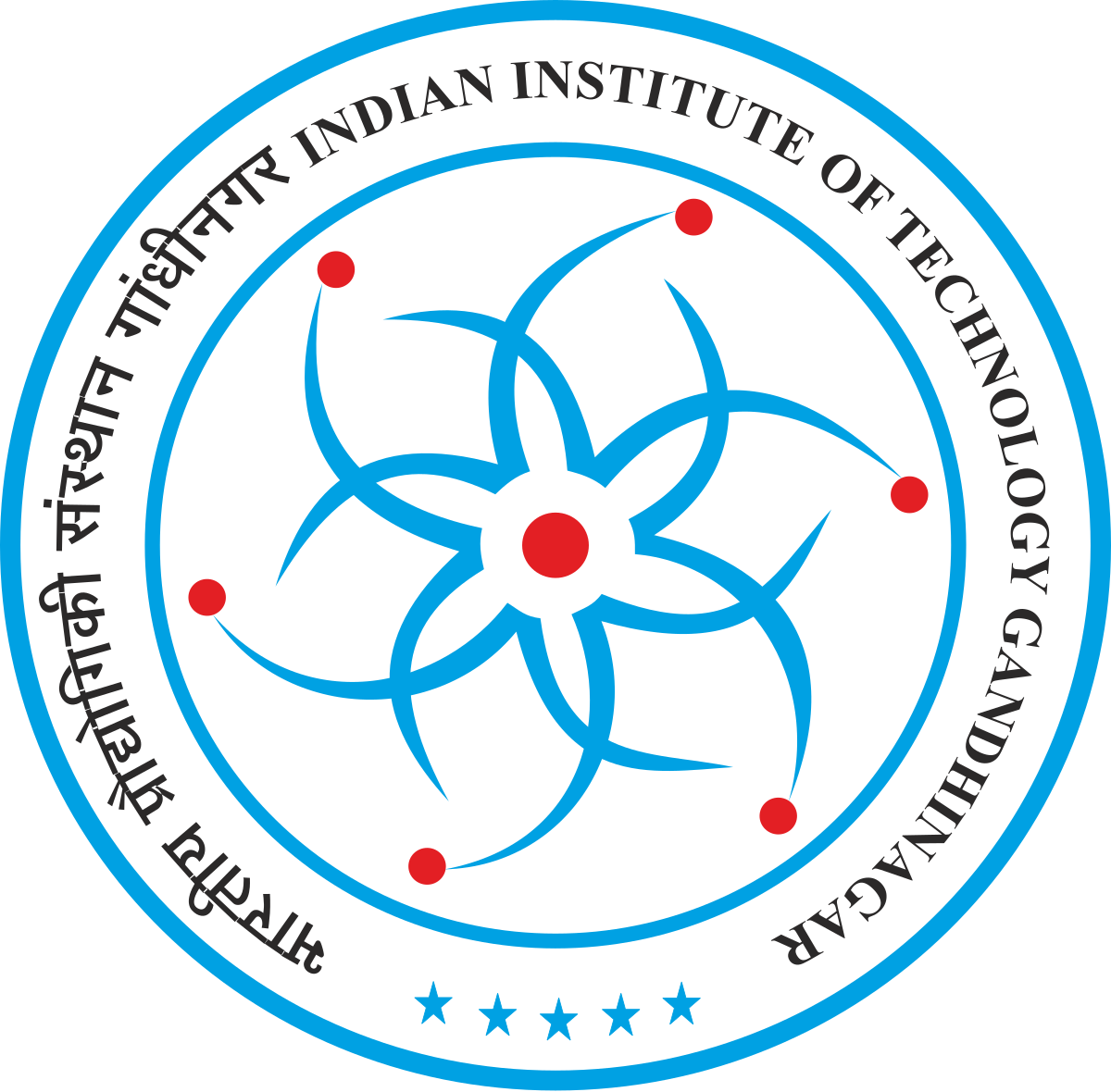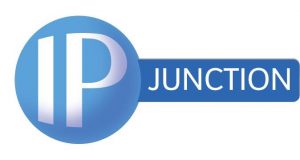(Supported by SPARC-Ministry of Education and Finnish National
Agency for Education)
The surge in Internet usage, smartphones, social media and pervasive sensors are heralding an explosive growth in the amount of data being created, leading to enormous challenges for the storage, transmission and processing of data. This growth in data and pervasive computing is attributed to technological advances in telecommunication technologies. We have witnessed a tremendous increase in proliferation of telecommunications devices in our daily lives with its importance never more felt than in the pandemic situation. The roll-out and deployment of the next generation 5G telecommunication networks have started across the globe. As the world starts mulling about, what the 6th generation of telecommunications namely 6G (devices expected to be launched by 2030) will be, there is already a thought that use cases should not be, only a simple extension of the 5G use cases, but should outline new usages, based on a more inclusive (along the geographical as well as the societal axis) and more sustainable use of the technology. Thus, in the 6G there is an ever growing need for high speed communications to support applications like immersive computing, AR/VR, 3D hologram, haptics, ultra-massive connectivity and others, thus there is a need for paradigm shift and change in fundamental design of the existing communications systems.
From early discussions on 6G we see a global interest in terahertz (THz) bands for communications and other applications. However, to make communications viable in THz bands several challenges needs to be handled. These include waveform design, speed and complexity of processing, high impact of environmental factors, beam squint, high pathloss amongst others. This calls for revolutionary and high-risk early analysis and design ideas to be implemented.
The proposed workshop is a half-day workshop that will take place during IEEE ANTS 2021. The workshop aims to bring researchers/experts around the world together to explore and discuss the state-of-the-art research and local initiatives in the areas mentioned above. The workshop will include invited speakers and those selected from the open call to join as speakers. Topics of interest include, but not limited to:
- Challenges of THz connectivity and channel modelling
- Study of various propagation losses
- Waveforms, coding and modulation methods
- Standards activities
- Spectrum allocation
- Application of artificial intelligence and machine learning
- Systems architectures
- Compressive sensing-based signal acquisition and detection methods at the THz band communications
- Resource allocation schemes at THz band
- Multiple access schemes analysis
- Applications of THz communication and networks
- New paradigms, prototyping, measurements, and experimentation based on detection techniques
- Reconfigurable intelligent surface (RIS)-assisted THz system design
- Beamforming and Beamtracking
- THz communications for scenarios with user mobility
Workshop Organizers
- Prof. Vimal Bhatia-IIT Indore – (vbhatia@iiti.ac.in)
- Prof. Sanjeev Sharma-IIT BHU (sanjeev.ece@itbhu.ac.in)
- Prof. Kuntal Deka-IIT Goa (kuntal@iitgoa.ac.in)
- Prof. Premanandana Rajatheva-Oulu University (nandana.rajatheva@oulu.fi)











